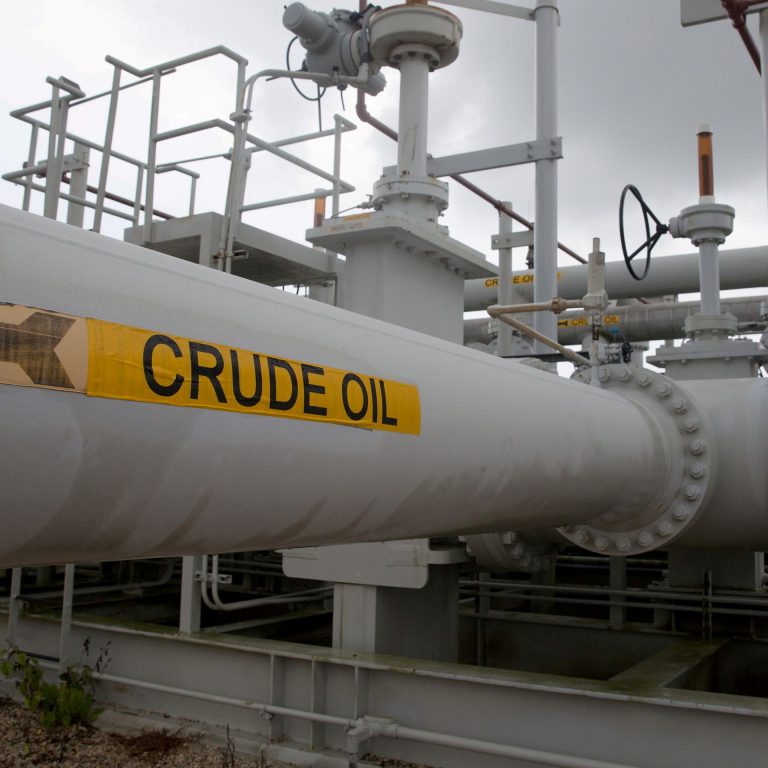
Following the rise in global oil prices, it is reported that Africa’s largest crude oil producer Nigeria has continued to miss out on the rare global oil boom opportunity.
Crude oil prices have for months stayed above $100 per barrel in the international market, a development rarely seen, ironically, it has not led to any positive impact on the Nigerian economy.
Unlike many oil-producing countries, this is an interesting time for them, as they are gaining excessively from the current oil boom.
Register for Tekedia Mini-MBA edition 17 (June 9 – Sept 6, 2025) today for early bird discounts. Do annual for access to Blucera.com.
Tekedia AI in Business Masterclass opens registrations.
Join Tekedia Capital Syndicate and co-invest in great global startups.
Register to become a better CEO or Director with Tekedia CEO & Director Program.
Last month, the Director of Nigeria Employers Consultative Association (NECA), Mr. Wale Oyerinde, disclosed that Nigeria can’t benefit from the global surge in crude oil prices due to the burgeoning cost of subsidies on petroleum products in the country.
He further disclosed that until the country had significant alternative sources of foreign exchange and starts exporting more than they import, revenue challenges might continue to linger.
See what he said;
“We acknowledge the revenue challenge currently faced by the nation. As it is well known, a major quantum of Nigeria’s foreign exchange comes from crude oil sales.
“Unfortunately, the price of crude oil is not within our control and we are not even meeting our quota of crude allotted to us by OPEC by about 600bpd.
“While the price of crude went up as a result of the Russia-Ukraine war, we were not able to benefit revenue-wise because of the bourgeoning cost of subsidy of petroleum products.
“Until we have significant alternative sources of forex (non-oil), export more than we import, and reduce wastages, revenue challenges might continue for a while.”
It is disheartening that during this period when the country should be raking millions and billions of dollars from the oil boom, it continues to borrow massively in spite of what ordinarily should be a boom period for the economy and foreign exchange inflow.
The country has the challenge of having to buy petroleum products for use because it does not have functional refineries, which eats into the revenues it would have otherwise realized.
Despite its huge oil reserves, Nigeria has one of the lowest production per capita among oil-producing countries in the world, producing less than a barrel per 100 people.
Unlike its oil-rich counterparts, Nigeria seems to be lagging as other oil-producing countries are making excessive gains during this period.
Due to the global oil boom caused by the Russian-Ukraine war, Saudi Arabia is now so rich from the global oil boom that the country is planning a new futuristic city called Neom in the desert reaches along the Red Sea.
For every USD 10 rise in the price of a barrel of oil, Saudi Arabia stands to make an additional USD 40 billion a year.
Research by Mitsubishi UFJ Financial Group (MUFG) in February showed that Gulf Cooperation Council (GCC) countries are likely to see a GDP surge of 6.1% in 2022 on the back of increased oil prices, as well as fiscal surpluses for the first time since 2014.
The GCC consists of Saudi Arabia, Oman, United Arab Emirates (UAE), Kuwait, Qatar, and Bahrain. But meanwhile, Nigeria has continued to struggle to even meet her OPEC quota.



